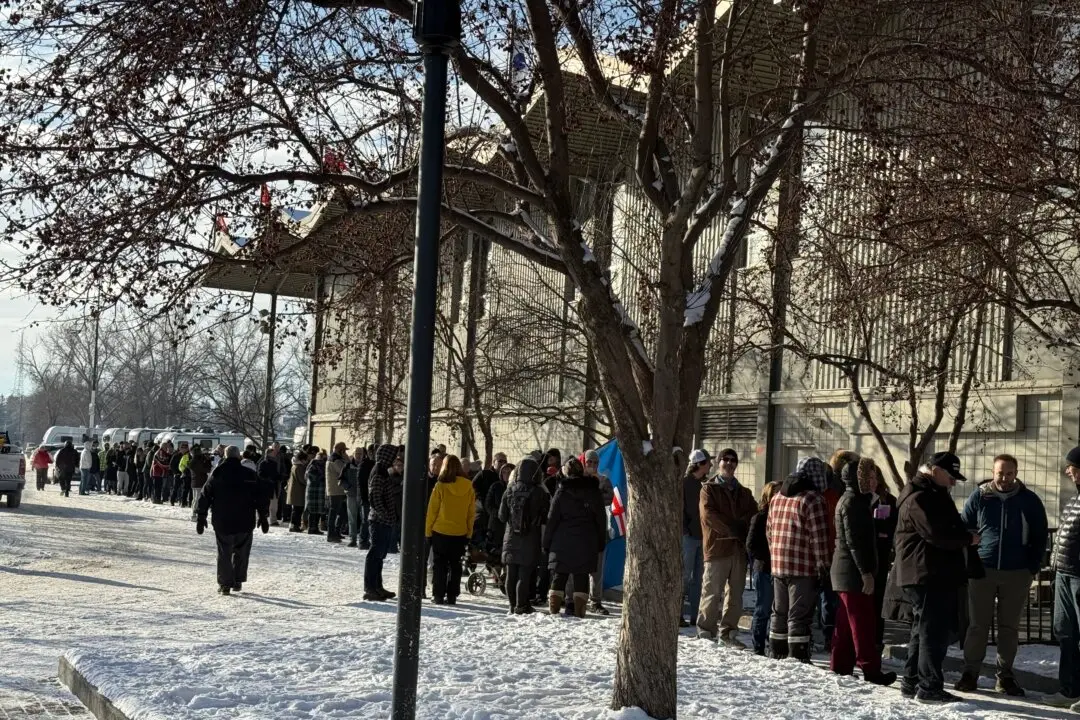Commentary
Alberta’s controversial Sovereignty Within a United Canada Act (Bill 1) gained Royal Assent on Dec. 15 and has been formally enshrined into law. Premier Danielle Smith’s government will be itching for the chance to use the new legislation. Battles with Ottawa almost always shore up support for the government in power in Alberta, and Smith needs a good one if she is to validate the political capital she invested into Bill 1. Canada could be barrelling toward a serious constitutional crisis as Alberta refuses to participate in federal laws and legislation.





